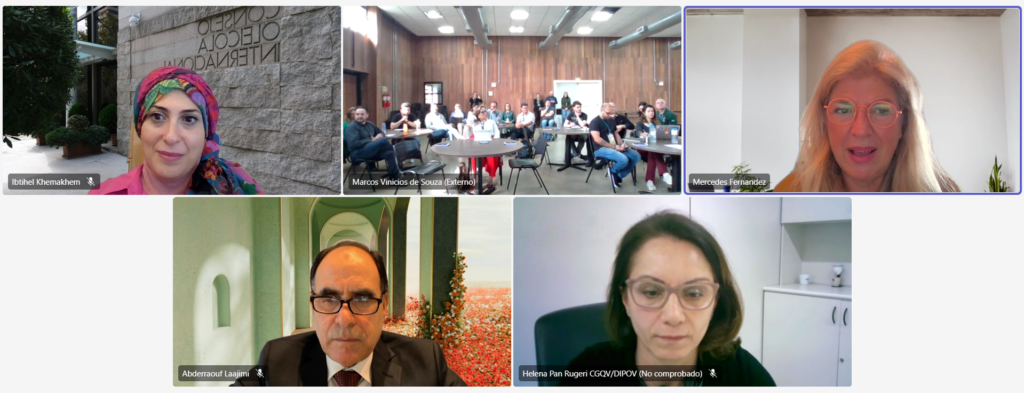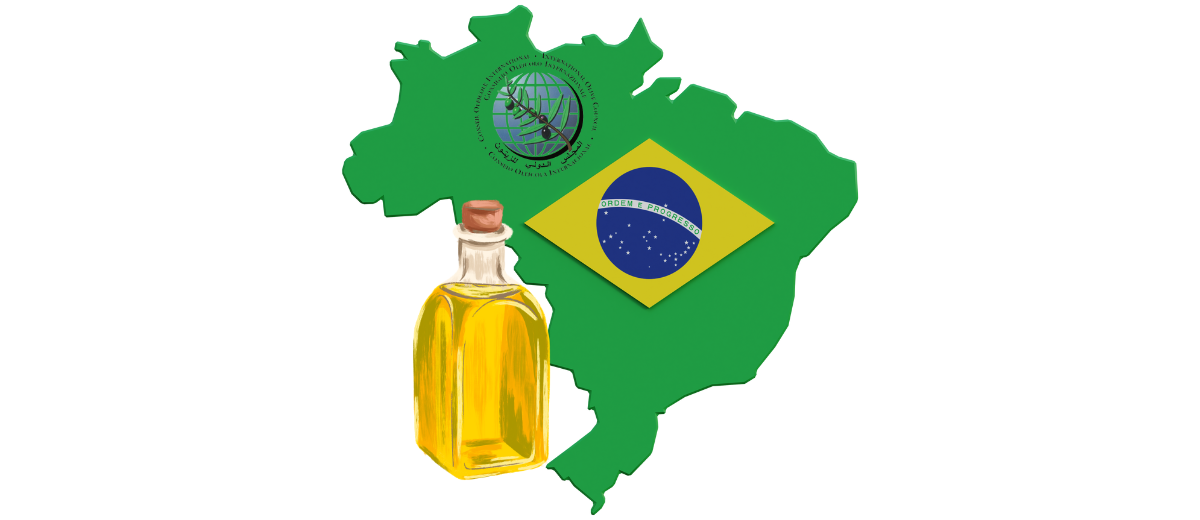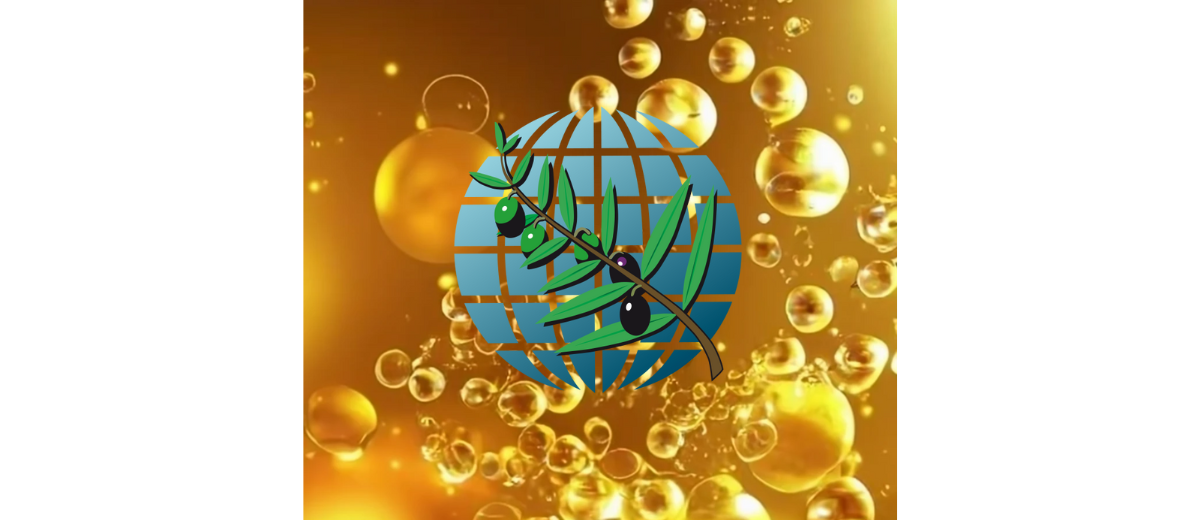The course, aimed at heads of panels, received the IOC’s institutional patronage.
From 7 to 11 October 2024, the city of Porto Alegre, capital of the state of Rio Grande do Sul in Brazil, will host an organoleptic assessment course for virgin olive oil patronaged by the International Olive Council (IOC) in accordance with the provisions of document COI/T.30-3/Doc. No. 1 “Guidelines for the institutional patronage of organoleptic assessment courses for virgin olive oils”.
Organised by the Laboratório Federal de Defesa Agropecuária (LFDA-RS) under the aegis of the Brazilian Ministry of Agriculture, the course aims to provide its 18 participants with the knowledge and skills they need to carry out rigorous, standardised assessments of virgin olive oils, in accordance with IOC methods, standards and guides.
The inaugural session, which took place on 7 October 2024, was attended by Abderraouf Laajimi, Deputy Executive Director of the IOC, who gave a speech on the structure and missions of the IOC, and the Head of the Standardisation and Research Unit, Mercedes Fernández Albaladejo, who explained the standards developed by the IOC with the help of its experts.
The main objectives of this course are to strengthen local skills and to promote the dissemination of IOC standards and methods, thereby contributing to improving the quality of virgin olive oils produced in Brazil, preventing fraud and protecting consumers. The IOC-Panel platform provided by Fundación del Olivar will be used during this course to process participants’ results in real time and ensure better training.
The IOC-patronaged event is organised by local institutions, including the CGQV/DIPOV/SDA/MAPA, represented by Helena Pan Rugeri, general coordinator of plant quality, and Fabiano Barreto, coordinator of the LFDA-RS laboratory.
At the opening ceremony, the IOC’s Deputy Executive Director pointed out that “standardisation and training of tasters are essential to guarantee the quality of the olive oils produced”, before thanking Brazil and the organisers for this initiative.
This programme is fully in line with the IOC’s objectives in terms of standardisation and research, offering a concrete example of international cooperation in support of the sustainable development of the olive sector.

The course coincides with the launch, at the end of the month, of the new promotional campaign that the Organisation will be running until 2027 in this country, where olive oil consumption, boosted by a growing middle class and increased awareness of its health benefits, is booming. Brazil is now one of the world’s biggest importers of olive oil, after the United States and the European Union, accounting for around 8% of global olive oil exports. The main aim of the campaign is to promote Brazil’s integration into the IOC, raise awareness of the Organisation’s standards and provide training opportunities for industry players through practical sessions and networking.










